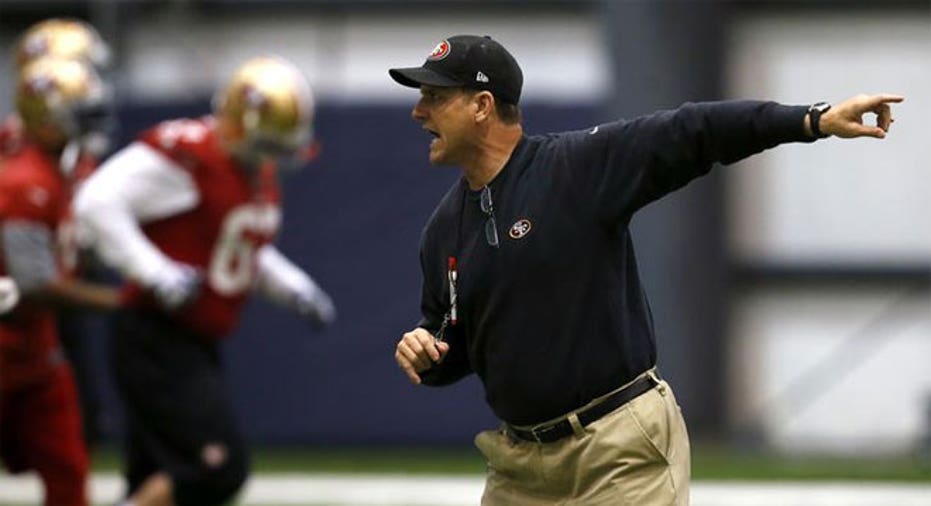New Jersey Puts Up a Fight on Legalizing Sports Gambling

Gamblers might have a new state to visit to place legal bets on sports games: New Jersey.
A debate over the constitutionality of a 21-year-old federal law prohibiting sports betting in all but four states is underway in the Garden State.
New Jersey and the Department of Justice are sparring in court over the legality of single-sports event betting, which experts say is a multibillion-dollar industry.
The state is arguing that the 1992 Professional and Amateur Sports Protection Act (PAPSA) is unconstitutional because certain states are allowed to bet on sports in some form— including Nevada, Delaware, Oregon and Montana—while others are not. Sporting leagues, including the NCAA, filed suit last year to stop New Jersey from allowing sports betting. The NCAA did not respond to requests for comment on the case.
Experts say that if New Jersey is successful at legalizing single-game sports, it would have a ripple effect throughout the country. David Purdum, a senior writer at The Sporting News, says similar bills have already been crafted in California, Illinois, Iowa and Minnesota.
Legalization would bring with it a bevy of regulatory statutes for gamblers and leagues, he says.
“Now betting takes place in offshore casinos with underground bookies,” he says. Increased regulation would benefit both parties because it would make the sports leagues more transparent and allow problem gambling to be more easily tracked.
He adds it would also eliminate concerns of game-fixing for the league.
If legalized, sports gambling would bring much-needed revenue cash-strapped N.J., as well as a revival of its casino and horse-racing industries.
Club Cal Neva in Reno, Nevada, released a study on the potential revenue New Jersey could take in with legalized internet betting and found it could “increases the ability to generate tax revenues by more than 500%” taking projected total tax collections to $166.2 million from $30.6 million.
The potential revenue stream for the state is huge, according to Todd Fuhrman, market analyst for sports information site DonBest.com, and a former odds maker at Caesars Palace in Vegas. For example, in Nevada, single-sports betting for this year’s Super Bowl alone generated $99 million in bets.
“People will find a way to gamble regardless,” he says. “The best historical comparison I can give is Prohibition. I don’t know how much government can do besides take a stance and say it can’t go on.”
The real problem for the NFL and the sports leagues is profit, according to Purdum. He says professional leagues wouldn’t lose money if single-game betting was legalized, however it would be hard for them to profit without criticism.
“The popularity of the leagues would only grow,” Purdum says. “But once it is legalized, all of the conspiracy theorists will come out and every call will be scrutinized. In my opinion, they know they can’t benefit from any revenue from bets without people looking at everything under a microscope.”
Fantasy Football, for example, has hyped up the NFL’s popularity to astronomical levels, Purdum points out. It is getting even those typically disinterested in the sport tuning in to games. The NFL even has its own fantasy league on its site, and allows people to track the fees associated with betting and playing. Fantasy leagues are legal under the PAPSA because the results are based on an entire season of games, he says.
“Leagues argue it affects the integrity of the sporting events, and the NFL is the No.1 league pushing against this,” Fuhrman says. “It’s hypocritical though because what makes sports and the NFL in particular so popular is fantasy football.”



















